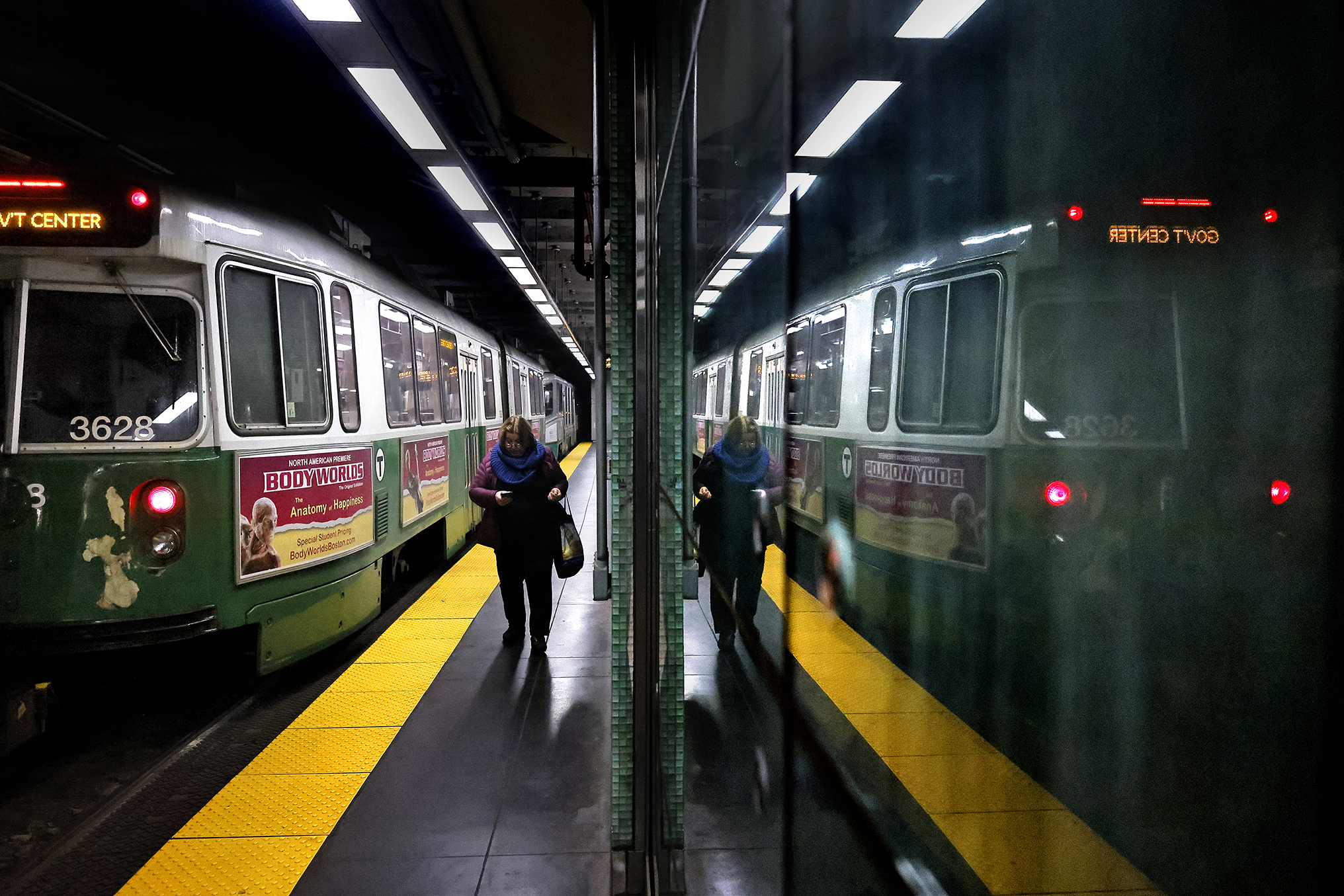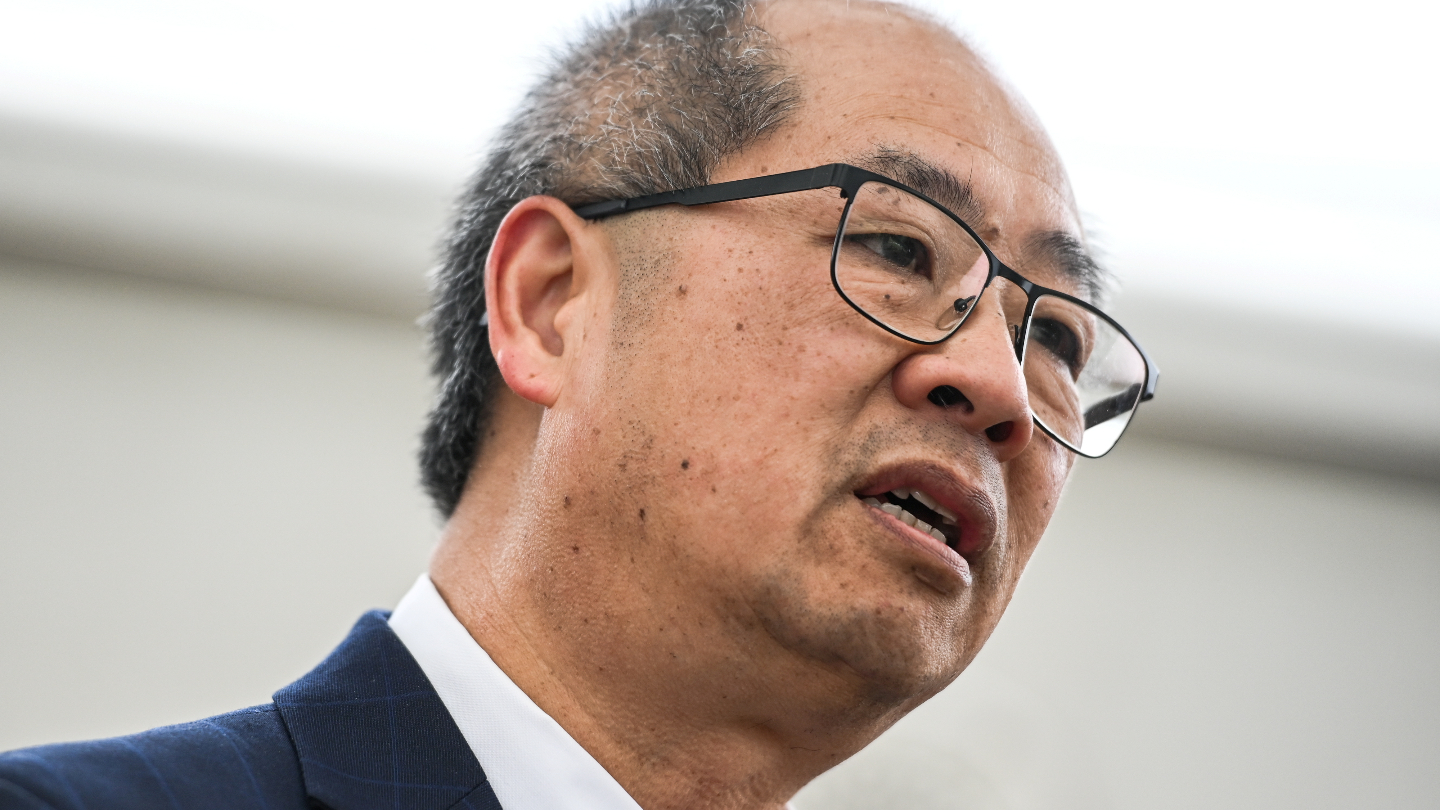The MBTA is headed toward a fiscal cliff and transit advocates say decisions on how to trim the budget need to be made by the end of the year or the outcome will be detrimental for the state.
In early 2024, Gov. Maura Healey signed an executive order creating the Transportation Funding Task Force, a group of 31 public transit professionals and experts in Massachusetts whose mission is to provide findings and recommendations on funding transportation in the state, due at the end of December.
WATCH ANYTIME FOR FREE
Stream NBC10 Boston news for free, 24/7, wherever you are. |
But with the deadline approaching quickly, it's unclear how much progress they have made.
A focus group on Sept. 16 reviewed possible models and sustainable funding opportunities to stabilize the MBTA's budget, but the transportation agency still faces a $700 million operating deficit in fiscal year 2026, which starts July 1. In the latest announcement, a representative of the task force said they have met monthly to review existing transportation funding and has three more meetings to complete the recommendations.
Get updates on what's happening in Boston to your inbox. Sign up for our News Headlines newsletter.
“They begin planning for that in, you know, December, January,” said Jarred Johnson, executive director of TransitMatters, a group advocating for better public transportation in Boston. “This is not a situation where they can just sort of wait until July to come up with something.”
Johnson said the deficit has been caused by a combination of factors: lower ridership after the pandemic, increased costs, expanded service and an increase in safety measures. He even mentioned that the high cost of living in Boston may also play a role.
Following the pandemic, the MBTA received aid in the form of $860 million of relief funding from the federal government, which helped it to stay afloat for a number of years. But since 2022, the MBTA has made many repairs to its service — in connection with an investigation performed by the Federal Transit Administration.
“Ultimately the real precipitating event was the unfortunate incident on the Red Line, where that young man lost his life,” said Johnson, referring to an incident where a 39-year-old man’s arm got caught in a side passenger door off a Red Line train at Broadway Station and he was dragged to death.
Since then, the MBTA’s safety and efficiency status has greatly improved under MBTA General Manager Phil Eng's policy of shutting down segments of train lines to fix slow zones. Just five remain, and are set to be cleared by next month.
Eng, “with the backing of the governor’s administration, has made some very challenging and hard decisions to close down large swaths of the system to fix them,” said Brian Kane, executive director of the MBTA Advisory Board. “Oftentimes when we had a shutdown under the previous administration, the previous general manager, where they shut down the Orange Line for a month, and nothing changed. Now when we see shutdowns, we see things change.”
Kane said these decisions have led to great improvement of the MBTA’s transit lines, even if there has been an increase in shutdowns: “If you look at the data on the Red Line, the Orange Line, that have had major shutdowns, the travel time has improved remarkably between areas where the slow zones have been removed.”
But while the operating deficit exists, the MBTA may not be able to continue such improvements.
Kane, who is also a member of the Transportation Funding Task Force, said we’re going to see some pretty negative consequences if things don’t change in the next six months.
“If the T doesn’t sort of get some kind of guarantees around revenue sources, in the March or April timeframe, they’re gonna have to start sending out layoff notices,” said Kane, adding that the layoffs would result in dramatic reductions in service, just as things are seemingly getting better.
Lizzi Weyant, deputy executive director of the Metropolitan Area Planning Council, a planning agency that advocates for the transit system in general, explained that the operating deficit won’t just impact riders, but the general public as well.
“The operating deficit is really dangerous because that’s the money it costs to run the system,” said Weyant. “If you have a huge operating deficit, it means you have to make tradeoffs inside the system. … If more of those riders are getting back in their cars, it’s actually affecting anybody who is trying to get anywhere in Greater Boston.”
Weyant says there is no alternative if the MBTA keeps spending. “We have to come up with a way to fund the entire system because there’s too much at stake for our region if we don’t.”
Transit advocates say that worst-case scenario is if the deficit leads to a decrease in service. Johnson, from TransitMatters, called this a "death spiral."
“You cut service because ridership is low, and then the remaining service you have is not usable and is really unattractive, and scares away riders, which means you have less riders,” said Johnson. “Then the cycle continues, you know, until you really don’t have the transit system.”
A MassDOT spokesperson told NBC10 Boston that Healey still expects a report from the task force in December.



